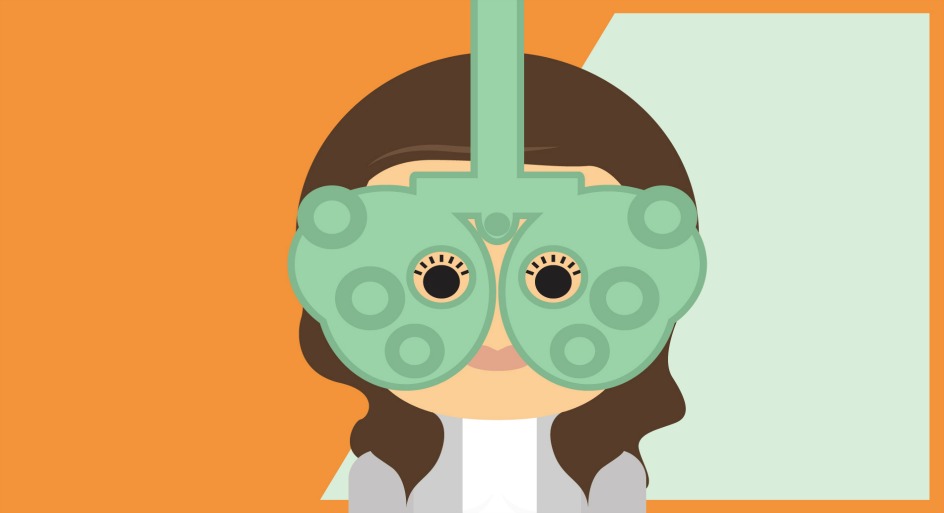The research also highlighted that, despite the lack of commitment to eye care, employers themselves were concerned about their staff’s eyesight as a result of their use of Display Screen Equipment (DSE) within the workplace.
Working for long periods at a time on DSE can cause individuals to experience visual fatigue, blurred vision, sore eyes, temporary short-sightedness, and headaches. And, with three quarters of respondents spending a minimum of four hours a day working on DSE as part of their job, and 48% on it for more than seven hours a day, failure to promote good eye care can result in not only prolonged eyesight problems, but lower levels of motivation, reduced morale, and diminished productivity.
Regular eye tests can help ensure that the optimum eyesight of an individual is maintained through the provision of aids where appropriate. But they can also help pick up early signs of more serious eye problems, as well as conditions that impact a person’s overall health and wellbeing – including high blood pressure, diabetes, and the risk of a stroke.
Under official Display Screen regulations, employers are legally entitled to provide those employees who regularly use such equipment with an eyesight test (through a qualified optometrist) as well as a contribution to glasses or contact lenses required solely for VDU use. But, what happens if you’re not entitled to this due to your core role not requiring the use of DSE? Whether you’re a driver, shop floor worker, or manual labourer, ensuring the health of your eyes is vital – but it can also be a costly business, especially if you’re left to fend for yourself.
Our dedicated Optical Benefits blog highlights the support available to you as an individual – no matter what your role or responsibilities – so do check it out https://www.paycare.org/Blog/Your-Guide-to-Optical-Claims/3367.

